Results
-
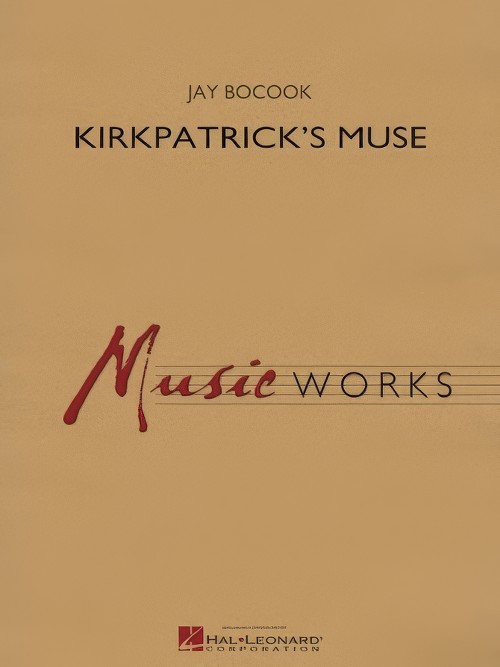 £79.99
£79.99Kirkpatrick's Music (Concert Band - Score and Parts) - Bocook, Jay
Commissioned by the McDaniel College Summer Music Camp in Westminster, Maryland,Kirkpatrick's Muse celebrates 30 years of excellence and is dedicated to camp founder, Dr. Linda Kirkpatrick. The piece opens with a plaintive Irish style flute solo, then moves seamlessly to the fast-paced section loosely based around the Appalachian fiddle tune "Glory in the Meeting House" introduced by the bodhran (Irish frame drum). Highlighting the simple charm of traditional Irish music, Kirkpatrick's Muse also features some wild excursions in colour, texture and harmony.Duration: 5:00
Estimated dispatch 7-14 working days
-
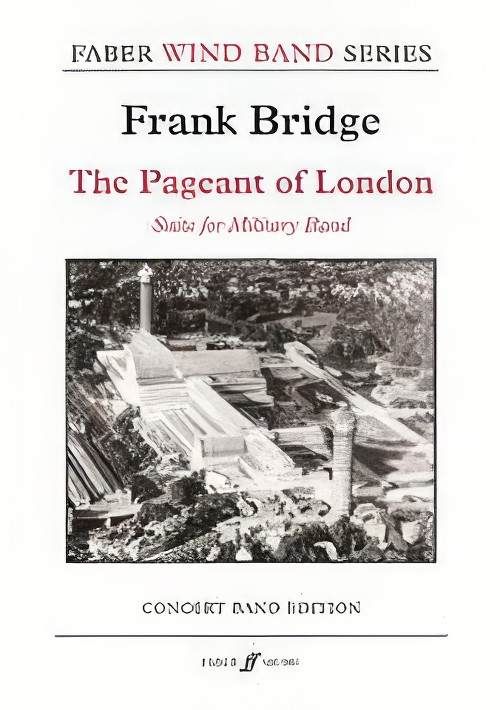 £89.99
£89.99The Pageant of London (Concert Band - Score and Parts) - Bridge, Frank
Frank Bridge was one of the finest English composers of the first half of the 20th century. The Pageant of London is his only work for wind band, comprising of two marches, one scored from Bridge's best known organ piece and including the chimes of Big Ben, plus three short renaissance pastiche items, one arranged from Playford (later used by Peter Warlock in Capriol Suite). The music is tuneful, approachable and makes a fine alternative to Holst's two suites, which were composed around the same time. Duration: 15.00
Estimated dispatch 7-14 working days
-
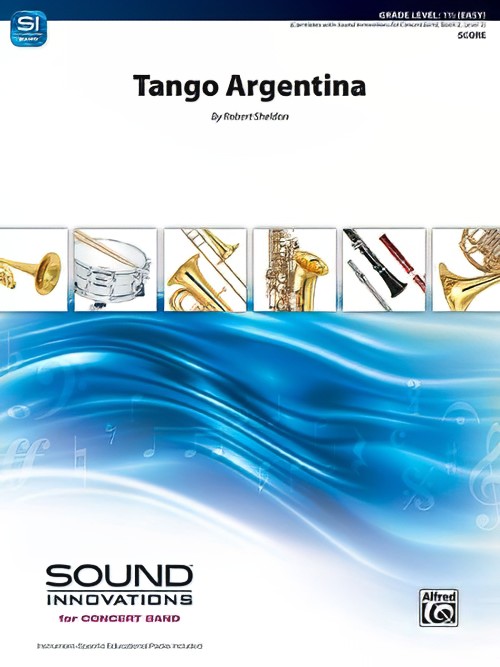 £49.95
£49.95Tango Argentina (Concert Band - Score and Parts) - Sheldon, Robert
The tango originated in late 19th century Buenos Aires, and has become popular around the world due to its driving rhythms, distinctive sound, and the passionate dance steps it inspires. This piece allows even young bands to experience the style and attitude of this wonderful musical genre.Duration: 2:45
Estimated dispatch 7-14 working days
-
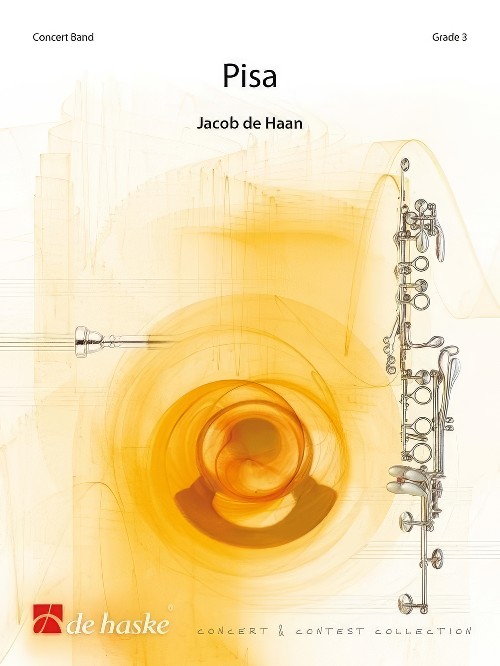 £104.99
£104.99Pisa (Concert Band - Score and Parts) - De Haan, Jacob
The Tower of Pisa is beyond doubt the most famous and legendary tower in the world. The main motif symbolises the three bells of the tower. The motif is transformed throughout the piece in which the spectacular effect of a downward motive played against sustained chords, symbolising the leaning tower, is used. The finale portrays a parade of all bands from around Pisa coming to town to celebrate, accompanied by the bells of the tower!Duration: 5:30
Estimated dispatch 7-14 working days
-
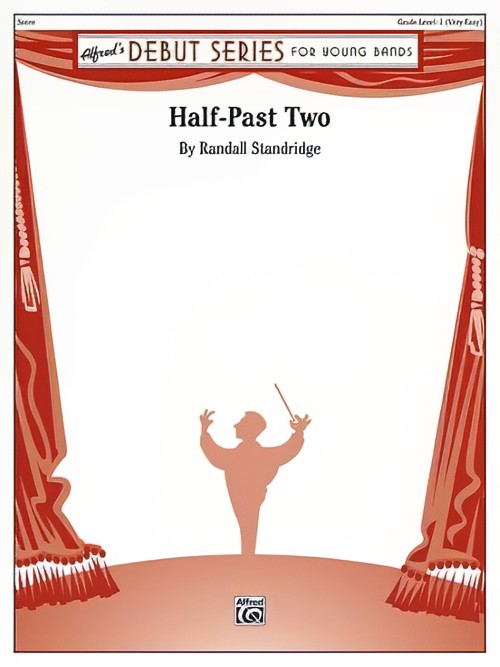 £48.95
£48.95Half-Past Two (Concert Band - Score and Parts) - Standridge, Randall D.
"Half-Past Two" is a rock piece for young band intended to reinforce and deepen the students' understanding of dotted quarter/eighth note rhythms, providing a vehicle for this concept that is fun and memorable for both students and audiences. The title is both an homage to time-inspired rock songs ("25 or 6 to 4," "Rock Around the Clock," "Midnight Hour," etc.) and a nod to the concept being taught-placing a note halfway past beat two.Duration: 2:15
Estimated dispatch 7-14 working days
-
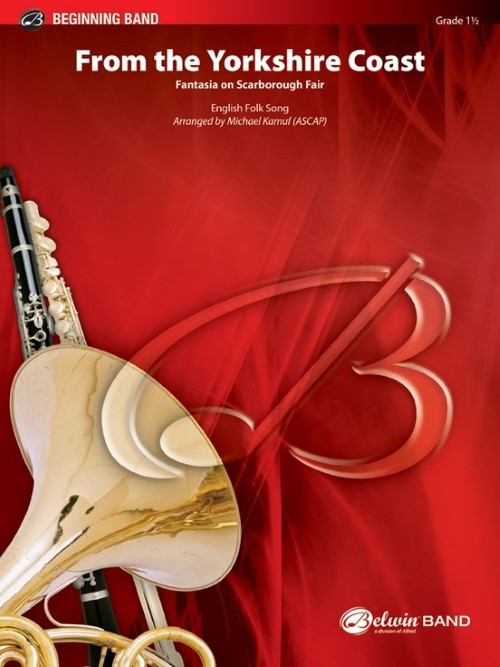 £54.95
£54.95From the Yorkshire Coast (Concert Band - Score and Parts) - Kamuf, Michael
Here's a fantasia for beginning band based on the English folk song "Scarborough Fair." This beautiful melody is passed around to all instruments in this contemporary and expressive setting that is certain to be a favorite for students and audiences. A musical adventure.Duration: 2:15
Estimated dispatch 7-14 working days
-
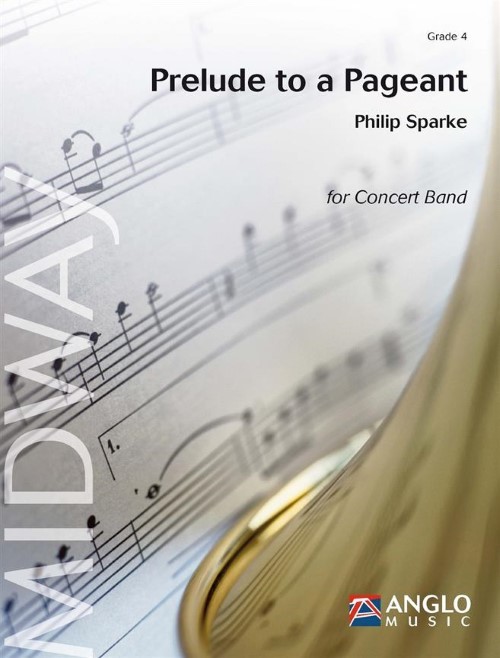 £137.99
£137.99Prelude to a Pageant (Concert Band - Score and Parts) - Sparke, Philip
Prelude to a Pageant was commissioned by Woodley Concert Band to celebrate their 40th anniversary in 2014. Celebratory in nature, Prelude to a Pageant includes a famous musical link to The Reading Rota (Sumer is icumen in), a manuscript dating from around 1240, discovered nearby Reading Abbey. This lively tune appears early in the work, after an arresting, rhythmic opening and expressive slower section, and also forms the final climax. Duration: 6.45
Estimated dispatch 7-14 working days
-
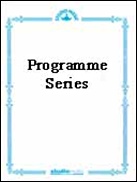 £94.95
£94.95TOCCATA IN BLUE (Programme Concert Band - Score and Parts) - Stubbs, Duncan
Toccata in Blue was originally written as a duet for 2 pianos, where the incessant movement and improvisatory element seemed particularly well suited. Built around some of the composers favourite blues chords, the piece was an ideal candidate for reworking for wind band. While the overall framework of the piece remains largely similar to the piano duet, the material has been thoroughly re-worked to suit the larger forces and particularly the invaluable addition of percussion.
Estimated dispatch 7-14 working days
-
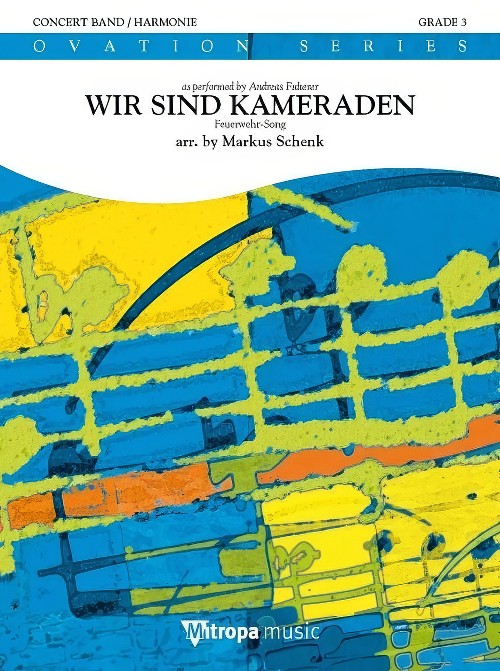 £84.99
£84.99Wir Sind Kameraden (Concert Band - Score and Parts) - Schenk, Markus
Feuerwehr Song, as performed by Andreas Fulterer. This song was a big hit in the German charts. It's a tribute to all voluntary firefighters around the world who regularly risk their lives to save others.Duration: 3:45
Estimated dispatch 7-14 working days
-
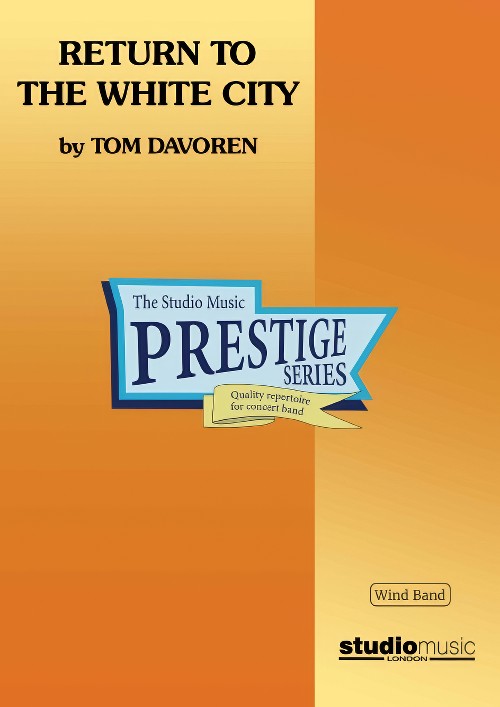 £32.95
£32.95Return to the White City (Concert Band - Score only) - Davoren, Tom
This concert overture takes its name from the famous White City Stadium, situated in the London district of the same name, which was built to accommodate marathon running distances during the United Kingdom's first hosting of the Olympic Games in 1908. It is structurally based around key physical phases of endurance in long distance running.Duration: 4:15
Estimated dispatch 7-14 working days
